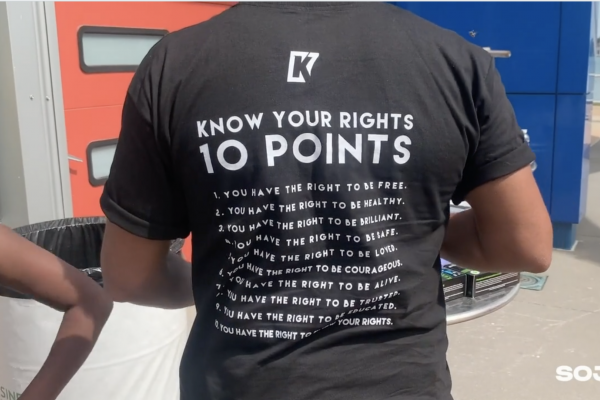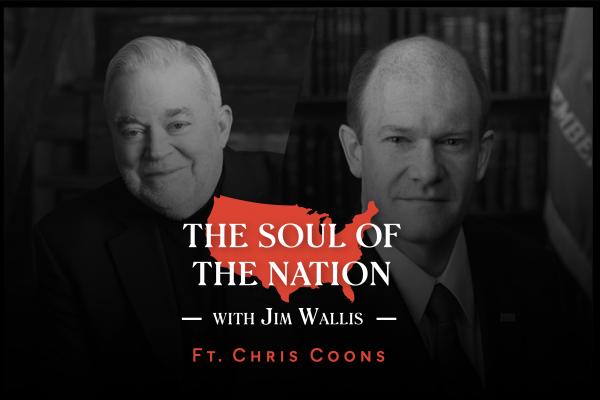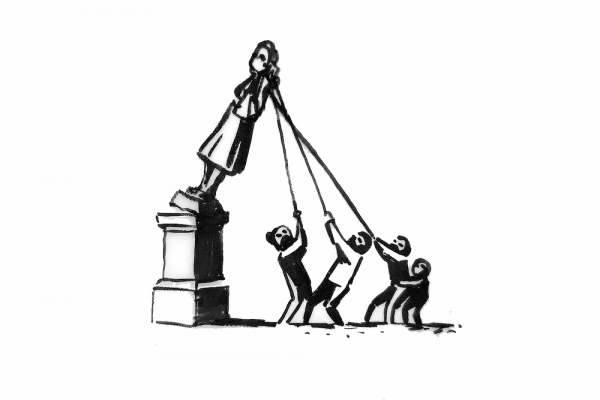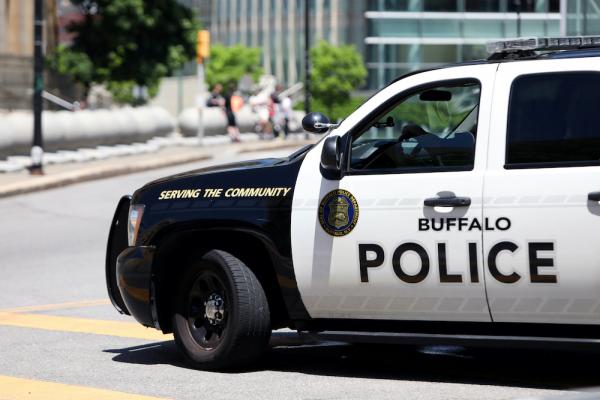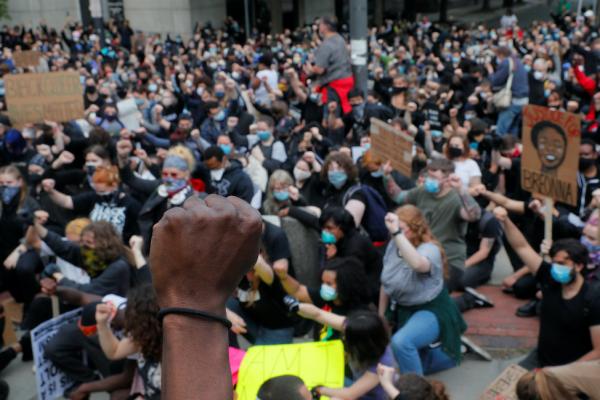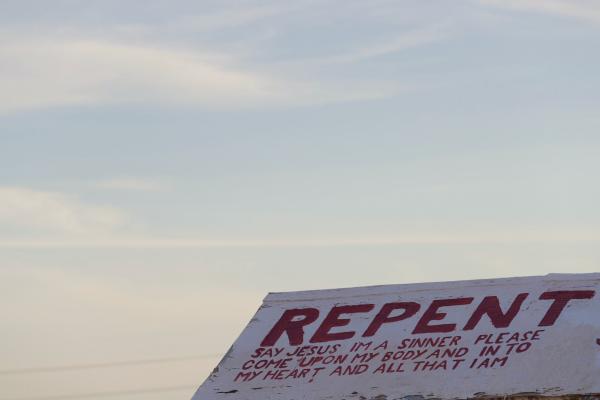On June 5, nearly 1,000 people gathered for the Belle Isle Freedom March organized by Detroit resident and former mayoral candidate Ken Snapp in response to the death of George Floyd. The one-mile march echoed the 1965 Selma march with organizers calling for peace and unity.
Sen. Chris Coons (D-Del.) talks with Rev. Jim Wallis about the potential for a Kairos moment during the unprecedented crisis our nation is facing.
During this time of COVID-19, people are dying alone, away from their families and from priests or pastors who might ease their passing. You could no more shoehorn a dozen people into a hospital room than you should cram them unmasked into any enclosed space these days. A pastor or chaplain might be forced to visit the room remotely, to FaceTime last rites, so to speak.
Today, we must realize that because someone is aware of the struggle for black freedom in America doesn’t mean they have been moved to action. They may have the right language — even write books, give addresses, give statements — but their actions show a commitment to the status quo rather than social justice.
Transforming our policing and reimagining public safety will require much more dialogue, bridge-building, and, ultimately, sustained public pressure.
“NO KNEELING!” So tweets our “dominate-the-streets” president in response to white football star Drew Brees voicing support for fellow players who take a knee during the national anthem to protest police violence. This, while demonstrations swell across the country in response to the murder of George Floyd by an officer who drilled his knee into Floyd’s neck for almost 9 minutes while the man lay face down on the ground, defenseless and dying.
When I see footage of Black murders, I feel horror and anger not only at the life that was violently taken, but also the idea of vacant and immune gazes transfixed on an unrealized destiny, a muted future, someone’s son, daughter, or father. There are some who, despite the graphic nature of these images, will watch with no sadness and no outrage. They will not see a person, only an object — objectified in life and objectified in death.
White churches need to enter conversations of racial justice with sobriety.
Prior to this moment, new allies have preached a gospel of Jesus devoid of justice. They failed to make the theological connection that Jesus and justice are, in fact, mutually inclusive. To invoke Jesus and then to invoke justice is redundant. Every time we invoke the name of Jesus, we commit ourselves to the ministry of justice. Every time we invoke the name of Jesus, we declare the psalmist’s decree that justice and righteousness are the foundations of God’s throne. Every time we invoke the name of Jesus, we summon the messianic prophecy that the spirit of the lord was upon Jesus, to preach the good news to the poor, to set the prisoners free from the Roman industrial complex, and to proclaim liberty to those who were oppressed. Every time we invoke the name of Jesus, we remember that Jesus was convicted of a crime he did not commit, received an unfair trial, and was sentenced to a state-sanctioned lynching on a tree. The ministry of justice is the ministry of Jesus. We cannot divorce our theology from the ministry of justice. To do so is to divorce ourselves from Jesus himself.
